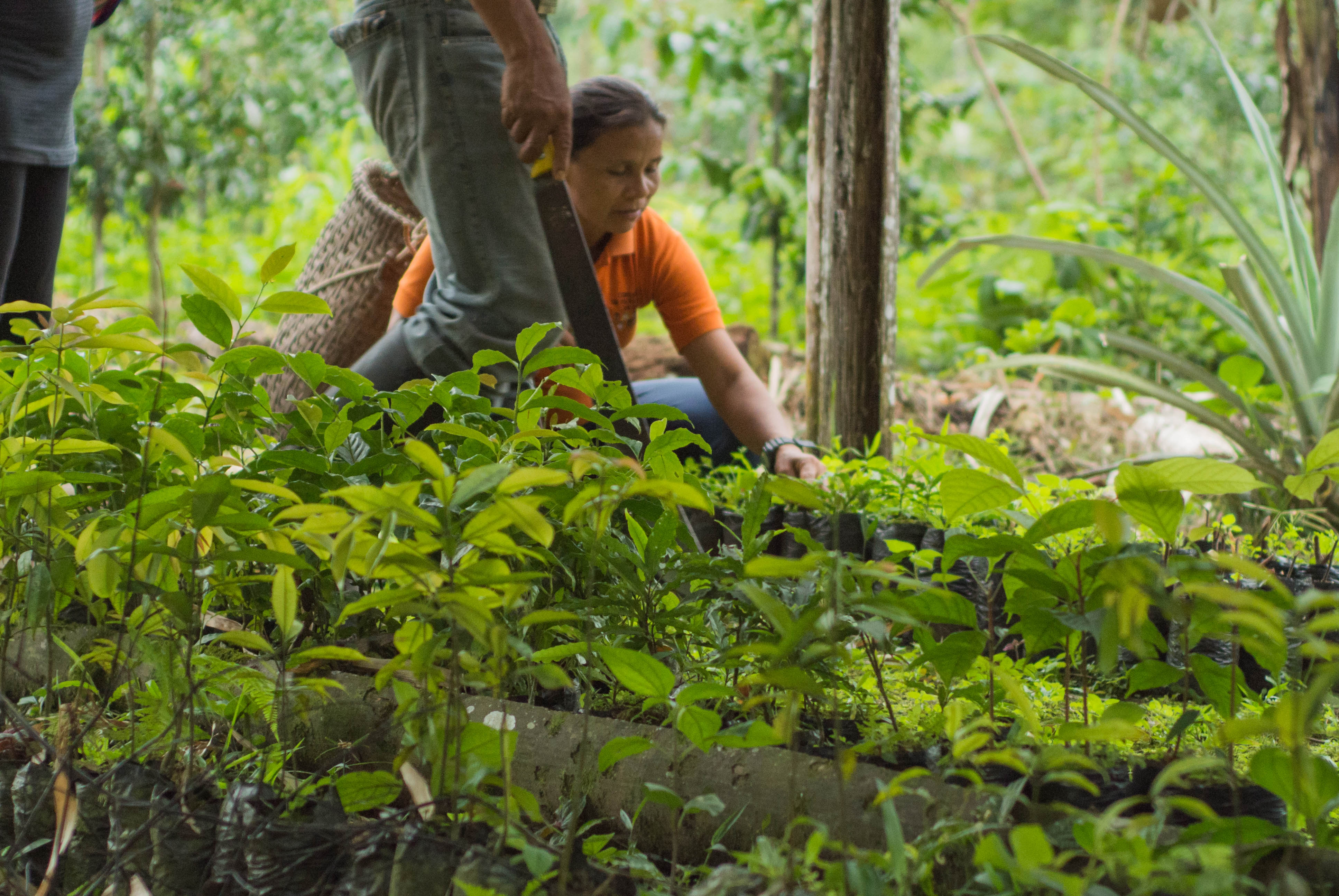An Overview Of Our Solution
- Population Impacted:
- Continent: South America
Organization type
Population impacted
Size of agricultural area
Production quantity
People employed
Describe your solution
Describe your implementation
External connections
What is the environmental or ecological challenge you are targeting with your solution?
Describe the context in which you are operating
Not only does forest encroachment pose an ecological threat in the region, but it also creates new challenges for the people living in the Ecuadorian Amazon. The Amazonian region lags behind national averages on many human development indicators such as malnutrition, literacy rates, and Gross National Income (GNI). Remote populations, such as those in the Amazon, also have much lower rates of participation in politics and decision-making processes.
These populations depend heavily on the rainforest for food, medicine, and water, and many of their cultural traditions are intrinsically tied to the rainforest and subsistence production in their chakras. Smallholder farmers also struggle to gain fair and sustainable access to local and international markets. Producers in the region traditionally lack experience working with farmer organizations or associations. Women in the communities are particularly inexperienced in holding leadership positions or taking part in decision-making processes.
How did you impact natural resource use and greenhouse gas emissions?
Language(s)
Social/Community
Water
Food Security/Nutrition
Economic/Sustainable Development
Climate
Sustainability
Runa has created a value chain for a product that has been produced and consumed for centuries by local indigenous populations and, via our Fair Trade certification, has incorporated the product into a transparent, inclusive international market with a guaranteed fair price. Our market-based solution does not depend on donor dollars, but instead capitalizes on a sustainable product that is attractive to international consumers. Coupled with training in community based enterprise and additional financing to invest back into producer communities, our solution provides more sustainable income for producers in Ecuadorian farming communities.
Return on investment
Entrant Image

Entrant Banner Image

